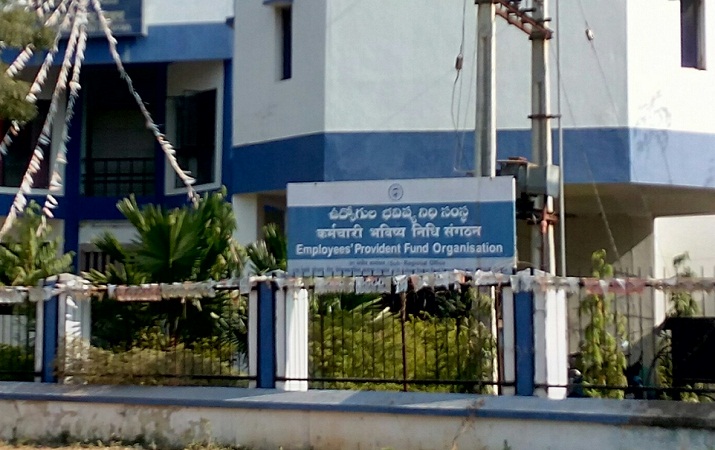As the country entered the second day of the 21-day lockdown in the wake of the COVID-19 pandemic, finance minister Nirmala Sitharaman on Thursday announced an economic relief package that lays out various schemes to provide cash and free ration. The government also relaxed the rules for withdrawal of funds from the Employees’ Provident Fund (EPF) account.
In general, the Employees’ Provident Fund Organization (EPFO) allows account holders to take “non-refundable advance” or withdraw for specified purposes such as a medical emergency, marriage, higher education or purchase of a house. This amount cannot be used for reinvestment in other products. Also, EPF account holders, who have been unemployed for more than a month, can withdraw up to 75% of their balance. EPFO allows account holders to withdraw under some other conditions as well.
However, considering the current financial distress because of the pandemic, the finance minister proposed changes in withdrawal rules from one’s EPF account. As proposed, now an EPF account holder will be able to withdraw up to 75% of the balance or three months of wages, whichever is lower, as non-refundable advance.
Read also: A Brief View of Choreography Course
“The proposal to permit non-refundable advance to employees out of their PF balances will help employees tide over their liquidity issues. Currently, non-refundable advances are permitted only for specified purposes such as housing and marriage. Even these are permitted only where the employee has put in a minimum service period,” said Saraswathi Kasturirangan, partner, Deloitte India.
The changes to the EPF provisions will also be applicable to exempted PF trusts, according to Rituparna Chakraborty, co-founder and executive vice-president, TeamLease Services, a staffing firm.
Taking non-refundable advance does not impact your EPF account, which remains operational and continues to earn interest.
Remember that funds withdrawn from EPF account before the completion of five years of continuous service are fully taxable, as per the applicable tax slab. However, in certain conditions, such as a medical emergency or where the employee or the employer wind up their business or for any other reason beyond the control of the employer, the same is exempt from tax even if the withdrawal is made before five years of continuous employment.
Though you now have the option to withdraw funds from EPF account, consider it as your last resort.
Courtesy: livemint
Follow us on Facebook, Twitter, Linkedin.








